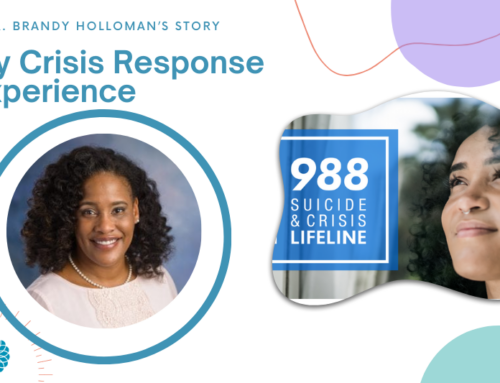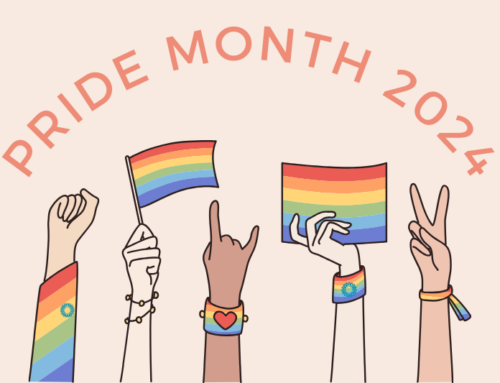Announced this month, the California Reducing Disparities Project (CRDP) received state funding that will be available to support the project’s second phase, extending its span through June 30, 2026. Created after former U.S. Surgeon General David Satcher emphasized the reduction of mental health disparities among historically unserved, underserved, and inappropriately served populations, like the LGBTQ+ community, CRDP supports the Center for Sexuality and Gender Diversity (CARS).
CARS specializes in training and technical assistance (TTA), and it began leading the LGBTQ TA Center to effect positive change among underserved LGBTQ+ communities. Having supported the TA Center’s goals over the course of its phase one funding from 2016 to 2022 is Change Matrix (CM) and Evaluation, Management, Training Associates, Inc. (EMT).
“The ultimate goal of Phase II funding is to prepare these community-defined evidence practices for rigorous evaluation and potential replication,” say CARS organizers. “In addition to TA on mental health and cultural competence topics, CARS provides intensive support for strategic planning, evaluation, and sustainability.”
The LGBTQ TA center’s services are offered at no charge to its seven grantees, and it works to promote strategic planning, effective implementation, rigorous evaluation, successful scaling-up, and ongoing sustainability of its grantees.
Spearheading this work are Ken Einhaus, project manager for CARS, and Daniel Toleran, senior research associate for CARS. Einhaus’ involvement with the TA Center came when an organization he worked with subcontracted with CARS. Toleran learned of the TA Center by way of Einhaus. While they didn’t enter their careers intending to serve primarily LGBTQ+ populations, their passion for public service and work in mental and behavioral health seemed to naturally pull them toward the community. Eventually, their knowledge of LGBTQ-specific services became expertise and their paths converged.

Ken Einhaus. Courtesy photo.
“Ken and I worked together on another project prior to this one many, many years ago when the Alcohol and Drug Program (ADP) … offered its provider network training on the various priority populations that were being served,” Toleran said. “We worked specifically with the LGBTQ providers in really looking and focusing the work on cultural proficiency, cultural humility, and that kind of thing.”
Einhaus said that the biggest reward for him has been to see how the grantees’ progress has positively affected communities.
“I’ve known a lot of people that have really suffered emotionally, and their welfare has suffered because of mental and behavioral health problems that are rooted to their sexual orientation and gender identity,” Einhaus says. “… That’s what keeps me going.”
Toleran, too, has a personal motivation for this work.

Daniel Toleran (right) with a “future leader” in the Pacific Islander community. Courtesy photo.
“As a person who is immigrant-identified, that’s been kind of a part of our own personal development is to see how we can be in spaces where we come fully ourselves,” he says, citing his interest in bringing about positive systemic change. “… Also really uplifting the work of community-based organizations, because that’s really my foundation. I’ve been in the nonprofit world since really early in my career.”
However, now that the project has rolled into its final year of phase one and, subsequently, into phase two, Toleran said that goals have shifted.
“In terms of the focus, it becomes more, as we move toward the last year of the [project’s first phase], it’s really making sure that the systems are in place so that they can look at sustainability both at the personnel, human resource side of sustainability and talents and institutional memory — things like that,” he said. “It’s also looking at fiscal systems and diversifying their funder base.”
Going forward, the two intend to keep their “finger on the pulse” of their grantee community’s needs in order to better understand how each grantee envisions their ongoing sustainability goals.
“So that I have a better grasp of how they’re framing their pilot projects with one of the pilot projects very much involved and reviewing their outlines and how they’re looking at the data they’ve collected and began to analyze,” Toleran said. “I think that’s going to be one of the major contributions to the field.”
To learn more about the LGBTQ TA Center, visit lgbtq-ta-center.org.




